A blogger named David Mokaya has been charged with the publication of false information after sharing an image on social media suggesting that it was a funeral procession for President William Ruto.
Mokaya faces charges under section 22 (1) of the Computer Misuse and Cybercrime Act of 2018, which criminalizes the dissemination of false information online.
The charge sheet alleges that on November 13, 2024, Mokaya posted a picture on his X (formerly Twitter) account, claiming it depicted the funeral procession of President Ruto’s body leaving Lee Funeral Home.
The image in question shows a casket draped with the Kenyan flag, escorted by military officers in ceremonial uniform.
The prosecution asserts that Mokaya’s publication was misleading, implying that the image was an actual funeral procession for the President, when in fact, it was not related to Ruto’s death.
According to the charge, Mokaya intended for the image to be considered authentic, thereby spreading false information to the public.
This incident highlights the growing concerns over the spread of misinformation on social media platforms, particularly when it involves high-profile figures like President Ruto.
Authorities have been increasingly vigilant in cracking down on individuals who use social media to circulate false or misleading content, especially when such content can have significant repercussions on public perception and national security.
Mokaya, however, denied the charges before Principal Magistrate Benmark Ekhumbi at the Milimani Law Courts.
The blogger was released on a bond of Sh100,000 or an alternative cash bail of Sh50,000, pending the next court mention scheduled for December 4, 2024.
The case has attracted attention not only due to the nature of the charges but also because of the broader implications for freedom of expression and the regulation of online content in Kenya.
The prosecution’s case rests on the argument that Mokaya’s actions could have caused confusion and unnecessary distress among the public, given the high level of sensitivity surrounding the health and well-being of political leaders.
The outcome of this case could set an important precedent for how similar cases will be handled in the future, especially as social media continues to play an increasingly prominent role in political and social discourse in Kenya.










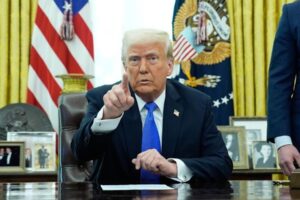

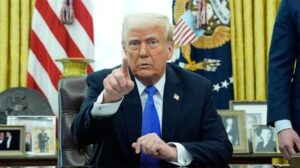

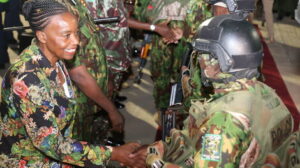
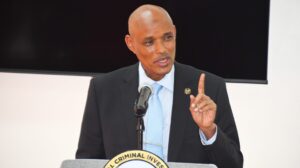


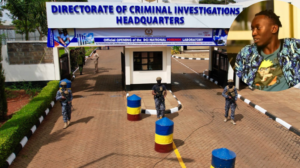

Add Comment